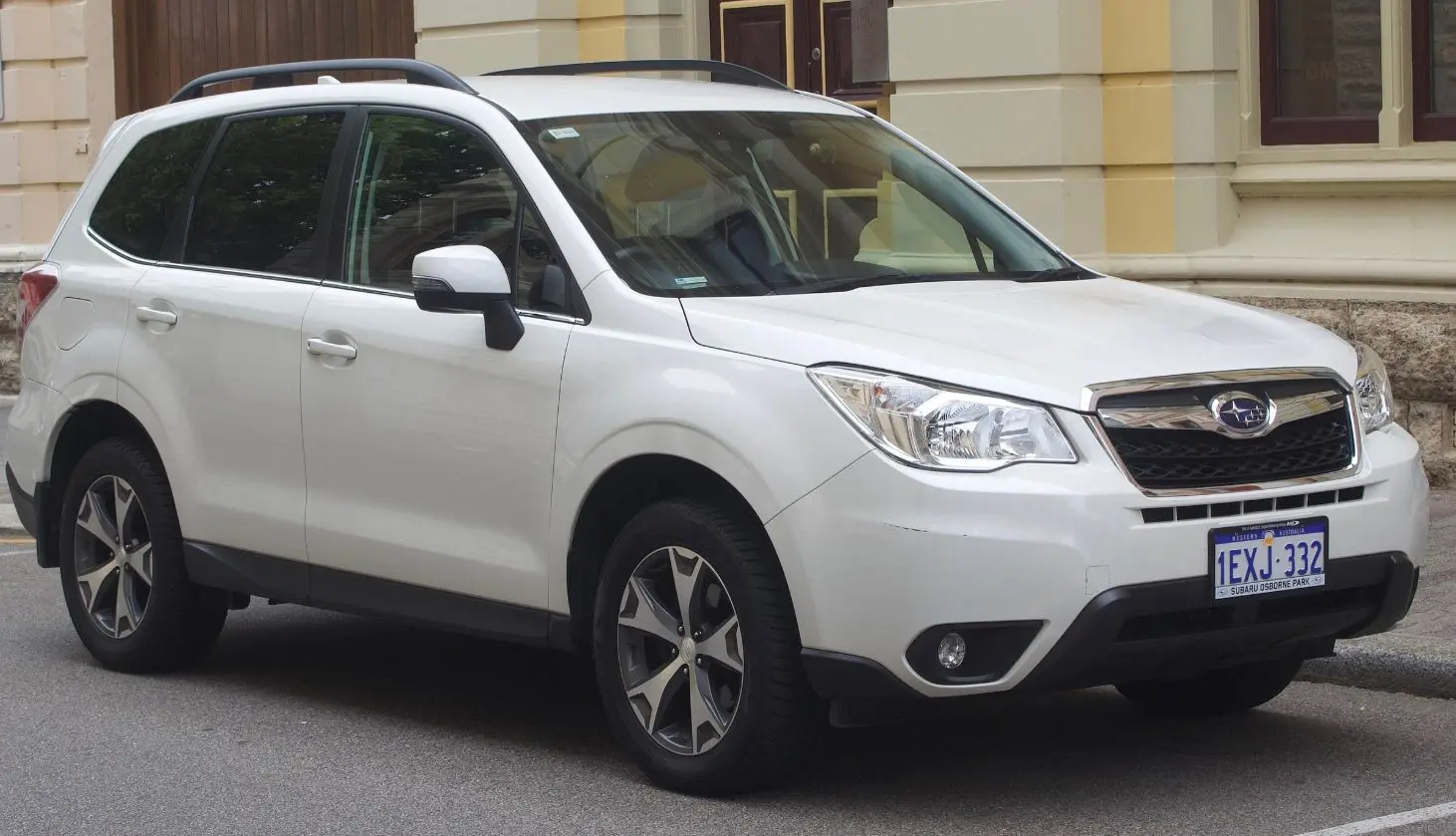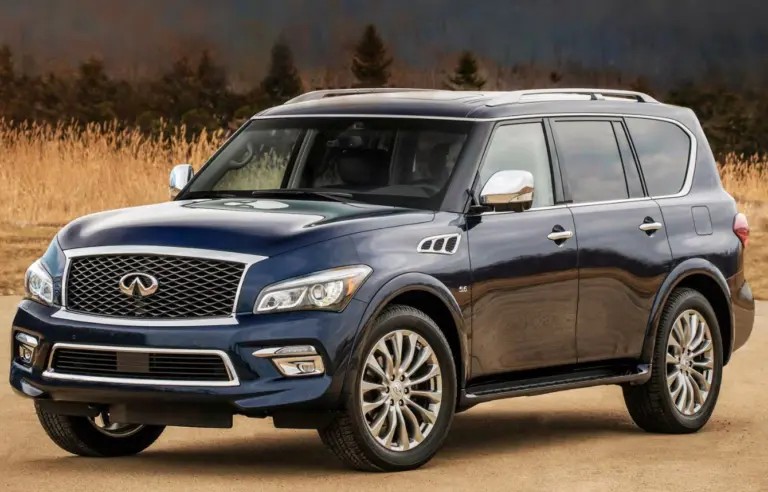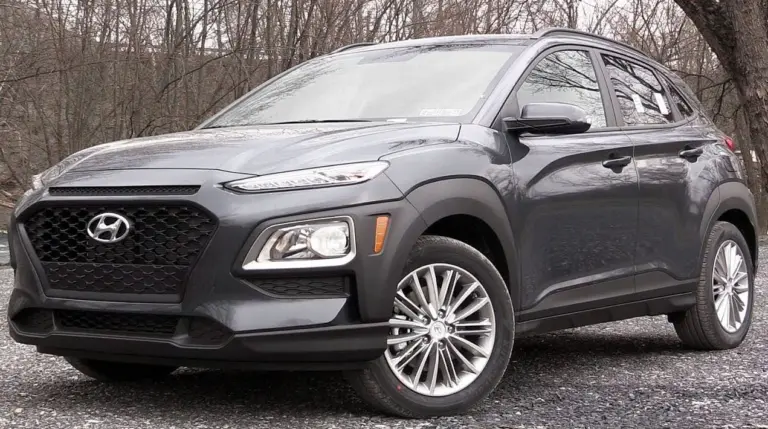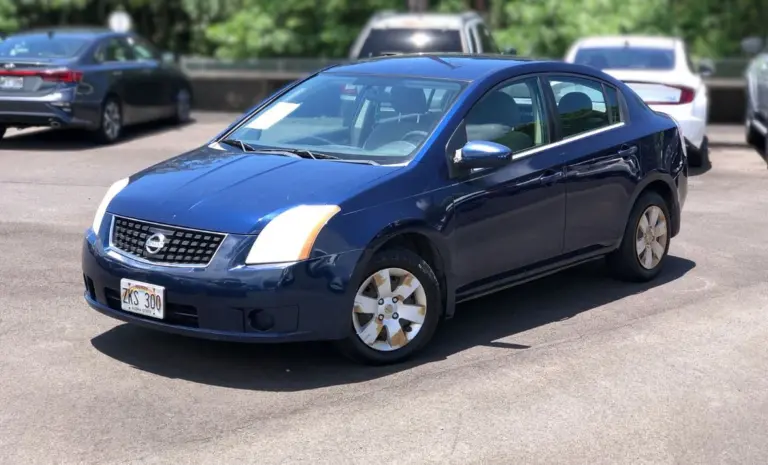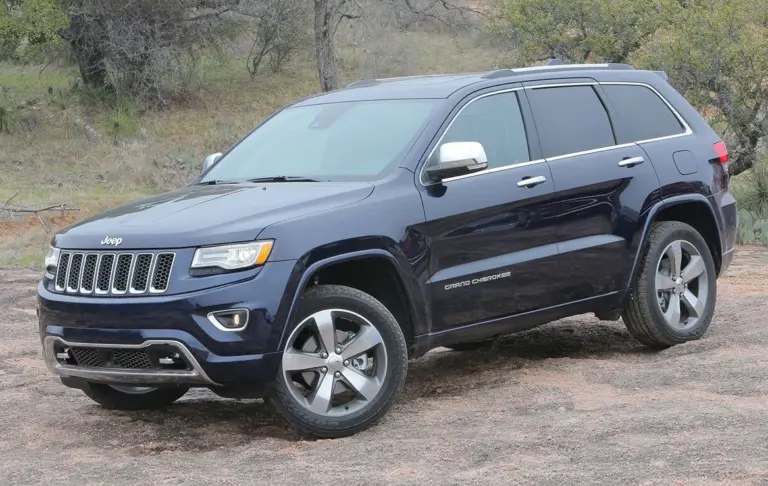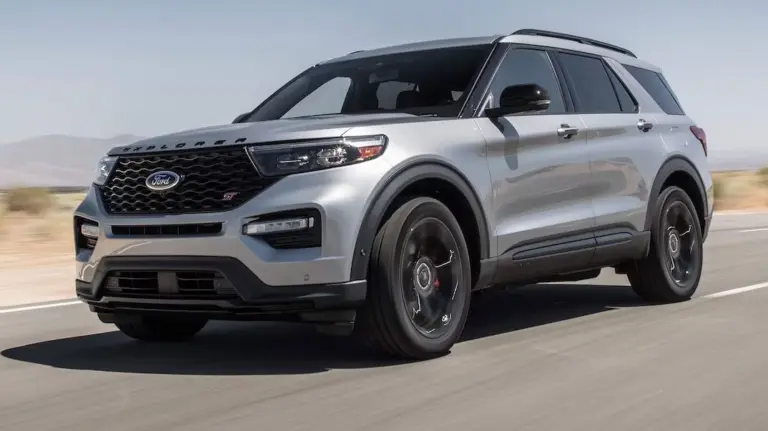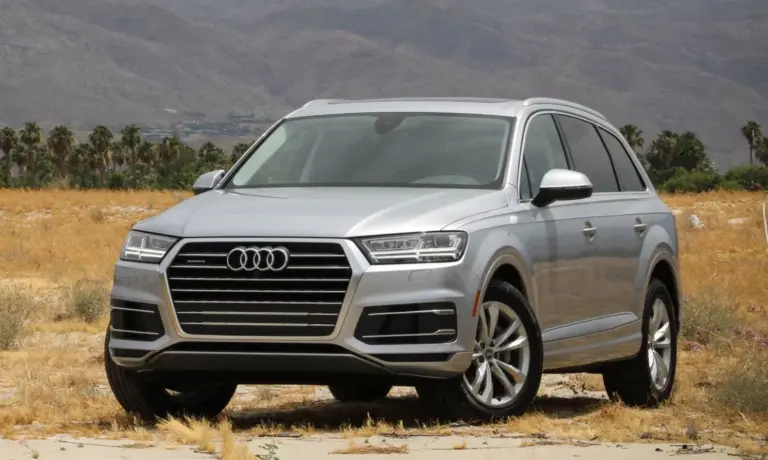Subaru Forester Years to Avoid (Updated)
The Subaru Forester has earned a reputation for being versatile, dependable, and ideal for various terrains. However, not all models have lived up to this standard. There are some Subaru Forester Years to Avoid.
Some years have reported issues ranging from engine problems to electronic malfunctions, leaving buyers frustrated. Knowing which models to avoid can save you time, money, and unnecessary stress.
In this article, we’ll share the Subaru Forester years that stand out for the wrong reasons. Understanding these issues will help you make an informed decision if you’re considering purchasing a used Subaru Forester. Let’s look at what you need to watch out for.
Subaru Forester Years to Avoid
| Model Year | Key Issues |
|---|---|
| 2011 | Excessive oil consumption, head gasket failures |
| 2014 | Transmission shuddering, suspension breakdowns |
| 2015 | Unexpected acceleration, delayed gear shifts |
| 2017 | Weak batteries, malfunctioning navigation system |
| 2018 | Infotainment failures, repeated battery issues |
| 2019 | CVT transmission problems, driver-assist malfunctions |
2011 Model
The 2011 Subaru Forester is notorious for its engine-related problems. Owners frequently report excessive oil consumption, which can lead to premature engine wear. Additionally, this model is prone to head gasket failures, a costly repair that impacts reliability. While it offers decent performance on the road, the recurring engine issues make it a risky investment for long-term use.
2014 Model
The 2014 Forester is another year that raises red flags for potential buyers. This model has faced significant transmission issues, including shuddering and unexpected failures. Suspension breakdowns have also been reported, causing discomfort and expensive repair costs. If you’re considering this year, it’s best to proceed with caution and a thorough inspection.
2015 Model
The 2015 Forester struggles with both engine and transmission problems. Unexpected acceleration and delayed gear shifts are common complaints, creating potential safety hazards. Combined with occasional electrical glitches, this model can become a headache for owners.
2017 Model
While newer, the 2017 Forester hasn’t escaped its fair share of issues. Weak batteries and malfunctioning navigation systems are common grievances. These problems can leave you stranded or frustrated during longer trips, detracting from the vehicle’s overall appeal.
2018 Model
The 2018 Forester suffers from a mix of electronic and mechanical failures. Complaints often center on malfunctioning infotainment systems and repeated battery issues. For those relying on technology, these problems can be both inconvenient and costly to fix.
2019 Model
Despite being relatively modern, the 2019 Forester faces criticism for its CVT transmission problems and inconsistent driver-assistance features. Malfunctions in adaptive cruise control and lane-keeping systems raise concerns for those prioritizing safety.
Common Issues in Certain Model Years
Engine Problems
Engine trouble has been a consistent issue in specific Subaru Forester models. Excessive oil consumption is one of the most prominent complaints, often leading to severe engine damage if ignored.
Additionally, many owners have faced head gasket failures, a problem that requires expensive repairs. These engine-related issues not only affect the vehicle’s performance but also create a significant financial burden for owners.
Transmission Concerns
Some Forester models have struggled with transmission problems, particularly involving the CVT (Continuously Variable Transmission). Drivers have reported shuddering at higher speeds, unexpected stalling, or complete transmission failures. Repairing or replacing the transmission is costly, making these issues a serious concern for potential buyers.
Electrical System Failures
Electrical malfunctions are another recurring issue. Faulty infotainment systems, unreliable navigation systems, and frequent battery failures are among the most common complaints. These problems can compromise both convenience and safety, especially for drivers relying on technology for navigation or entertainment.
Suspension and Structural Weaknesses
In some years, Forester owners have experienced suspension problems, including premature wear and tear. Structural weaknesses, such as rattling noises and issues with body alignment, have also been reported, reducing overall driving comfort.
Frequently Asked Questions (F.A.Q)
What are the most common problems in these years?
The most frequent issues include engine failures, excessive oil consumption, transmission problems, and electrical system malfunctions. These problems significantly impact performance and lead to expensive repairs. Certain models also experience suspension issues, weak batteries, and unreliable infotainment systems.
How can I identify if a used Forester has these issues?
Start by checking the vehicle’s maintenance records for recurring repairs. Obtain a comprehensive vehicle history report to spot red flags, such as frequent repairs or accident history. Additionally, having a trusted mechanic inspect the car can help you identify hidden problems, ensuring you make an informed decision.
Are there reliable Subaru Forester years to consider?
Yes, Subaru Forester models from 2016 and 2020 have received positive feedback for their reliability and performance. These years report fewer mechanical or electrical problems, making them safer choices for buyers seeking long-term use.
Is it worth repairing a problematic Forester?
It depends on the issue and the cost of repairs. Minor fixes, like replacing a battery, are manageable. However, major repairs like engine overhauls or transmission replacements can be costly, often exceeding the car’s value. Evaluate repair costs and the car’s condition before proceeding.
Wrapping Up
The Subaru Forester remains a favorite among compact SUVs, thanks to its versatility and reputation for reliability. However, not every model year upholds this standard. Understanding which years to avoid can save you from costly repairs and frustrating ownership experiences.
| Read Also |
| Subaru Outback Years to Avoid |

